A Good Craftsman Never Blames Their Tools
- Craig J A

- Feb 27, 2024
- 6 min read
So I often see this debate online questioning 'what is a better career path, learning a trade or looking at going to university?' I sometimes feel the career of a tradesmen or skilled labourer is often undermined at times, although it can offer a very rewarding & lucrative career. With an increased demand for housing & infrastructure, I thought what's better than exploring the qualifications for skilled & qualified tradesmen. Now I am aware there's a plethora of different types of tradesman (glazier, roofer, brick layer, etc) but for the sake of the blog I will focus on three types: plumber, carpenter and electrician.
You are probably aware to an extent of what each of these trades entail, but below I have added a brief description of each role along with videos to get a better picture of what these jobs consist of on a day to day basis. Carpenters are skilled craftspeople who construct, install, and repair structures and fixtures made from wood and other materials. This includes building frameworks, installing cabinetry, and crafting furniture. Carpenters need a good understanding of blueprints, have a keen eye for detail to create and repair items to specifications.
Electricians are responsible for installing, maintaining, and repairing electrical power systems in homes, businesses, and other buildings. This includes wiring, fixtures, control devices, and related equipment. Electricians must ensure that all work is in compliance with codes and safety standards.
Plumbers specialise in installing and repairing systems used for water, sewage, and drainage in plumbing systems. They work on pipes, fixtures, and other plumbing equipment for water distribution and waste water disposal. Plumbers need to diagnose problems, come up with solutions, and perform repairs or installations accordingly.
Now contrary to popular belief becoming a skilled labourer will require qualifications and not simply learning on the job. For the time being I will look at the Qualification criteria in the UK. A carpenter typically requires an NVQ (National Vocational Qualification) Level 2 or 3 in Carpentry and Joinery, which can be achieved through an apprenticeship or through college courses if you have some basic experience.
To become a qualified electrician, one usually starts with an NVQ Level 3 in Electrical Installations. Becoming fully qualified involves completing an apprenticeship or a series of technical certificates with on-the-job training.
Aspiring plumbers start with an NVQ Level 2 or 3 in Plumbing and Domestic Heating, which can be obtained through an apprenticeship program. Further qualifications or Gas Safe registration may be required for specific roles. if you click on the image below which will take you to the trades college the offers advice and support for those considering the above career paths and more - "Our aim is to help and support you throughout your training course and to make the process of retraining, skilling up and changing your career as smooth as possible".
I have friends who are skilled labourers and I have noticed they have all coincidentally gone down the self employed route as either a sole trader or through a Limited company. It is evident that the UK can offer significant career prospects when becoming a self employed tradesman so I have listed a few key factors below that influence this.
Carpenter:
• Market Demand: There’s a consistent need for custom woodworking, renovations, and repair services. Specialising in areas like bespoke furniture, cabinetry, or residential construction can set you apart.
• Income Growth: Your income can significantly increase as you gain reputation and experience. Specialising in high-demand niches or luxury markets can further boost earnings.
• Business Expansion: Opportunities to expand your business include hiring apprentices or other skilled carpenters, branching into related services, or focusing on high-end or commercial projects.
Electrician:
• Specialisation and Certification: Specialising in areas such as renewable energy installations, smart home systems, or commercial electrical services can increase demand for your services. Additional certifications can open up more lucrative contracts.
• Regulatory Environment: Keeping up-to-date with the latest electrical regulations and safety standards is essential. This expertise can become a unique selling point, especially for clients requiring complex installations or updates.
• Contract and Client Diversity: Building a diverse client base ranging from residential to commercial projects ensures steady work and can lead to larger, more profitable contracts over time.
Plumber:
• Emergency Services: Offering 24/7emergency plumbing services can significantly increase income, as urgent situations allow for premium charges.
• Environmental Services: Specialising in water conservation, greywater systems, and eco-friendly plumbing solutions can attract a growing segment of environmentally conscious consumers.
• Expansion Opportunities: There is potential for business expansion by offering related services such as heating and cooling, bathroom and kitchen installations, or becoming a full-service maintenance provider. The Image below will take you to "The Italian Plumber" very informative blog which gives plumbing advice to novices, tips for your home and information on the plumbing industry in general. Additionally it gives you an insight of running an actual plumbing business with a team.
On a side note I found a very informative article from TradifyHQ that compares the career of a plumber, electrician, carpenter and other labour trades such as joinery. It is an interesting article because it does not treat each career as a competition between each other, but rather breaks down the differences of how each career choice can be more personally suitable for you compared to the other, whether its: flexibility, the hours involved, the type of labour, salary prospects etc, the article explores each factor in great detail.
I'm aware that it is impossible to summarise 3 career choices in one blog post, so as per usual Akers World tradition I have provided book recommendations for each trade discussed. You can click on each image below to explore each book in more detail.
Carpentry:
• “The Complete Manual of Woodworking” by Albert Jackson, David Day, and Simon Jennings: This comprehensive guide covers all aspects of woodworking, from the basics to advanced techniques, making it invaluable for carpenters at any level.
• “Taunton’s Complete Illustrated Guide to Carpentry” by Gary Rogowski: Offers detailed visual guides on various carpentry techniques and projects, ideal for those who learn best through images.
Electrician: • “Electrical Installation Work” by Brian Scaddan: This book is essential for those training as electricians, covering everything from basic electrical principles to installation processes and safety regulations.
• “Advanced Electrical Installation Work 2365 Edition” by Trevor Linsley: Ideal for electricians looking to upgrade their qualifications, this book provides in-depth knowledge on design, testing, and inspection processes.
Plumbing:
• “Ultimate Guide: Plumbing, 4th Updated Edition” by Editors of Creative Homeowner: A comprehensive manual for anyone interested in plumbing, including repairs, installations, and understanding plumbing systems.
• “Collins Complete Plumbing and Central Heating” by Albert Jackson and David Day: Guides readers through plumbing and heating tasks in clear, easy-to-understand language, making it perfect for both beginners and more experienced plumbers looking to brush up on their knowledge. These resources offer a blend of foundational knowledge, advanced techniques, and insights into business development that can be crucial for tradesmen aiming to become successful self-employed professionals in the UK.
Below I have added Online Resources and Directories that offer advice, training, safety recommendations and enhancing one's craftmanship within the specific field.
General career directories: The National Careers Service website offers detailed information on career paths, qualifications needed, and apprenticeship opportunities across the UK. Find a Course: UCAS and City & Guilds websites are valuable resources for finding relevant courses and qualifications in carpentry, electrical work, and plumbing.
Professional Bodies: Consider checking the websites of relevant professional bodies such as the Chartered Institute of Plumbing and Heating Engineering (CIPHE), the National Inspection Council for Electrical Installation Contracting (NICEIC), and the Institute of Carpenters (IOC) for additional resources, directories, and guidance on becoming a tradesman in the UK.
The exploration into the careers of tradesmen and skilled labourers, particularly in the fields of plumbing, carpentry, and electrical work, highlights not only the diverse skill sets required but also the profound impact these professions have on the infrastructure and well-being of our communities. As we delve into the intricacies of these trades, it becomes evident that they offer rewarding pathways for those who seek to combine technical expertise with the satisfaction of tangible results. We also extend our appreciation to those dedicated tradespeople who, through their skilled labour play a critical role in shaping our world. Their commitment to excellence not only meets the immediate needs of our communities but also sets the stage for future innovations and advancements in the field.



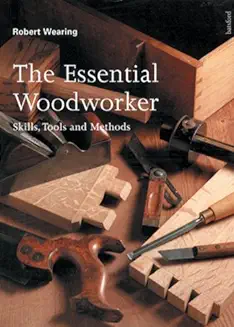
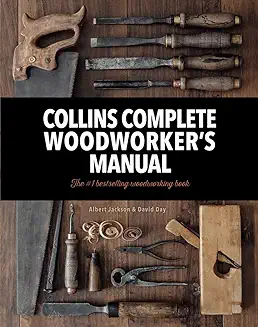



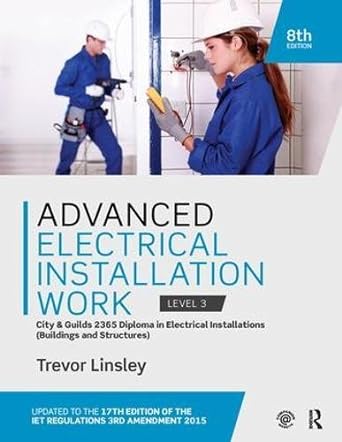
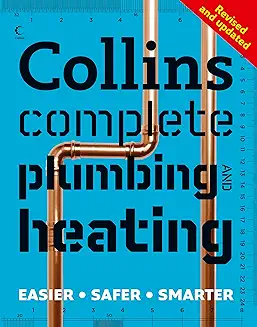
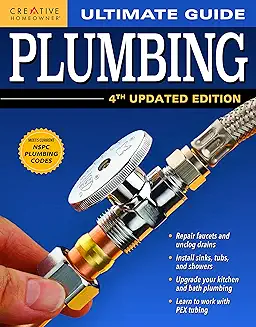



Comments